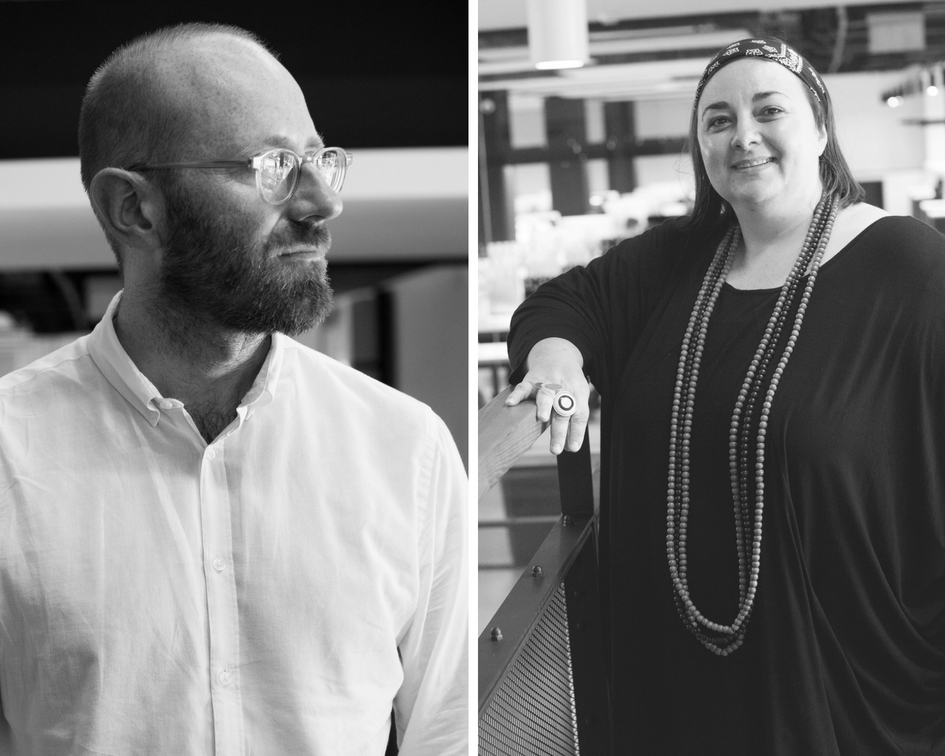
MAHON MURPHY: “IN CONTEMPORARY SOCIETY WHERE NEW VARIATIONS ON BANGLADESHI CUISINE ARE CREATED IN GLASGOW, IT IS ABSURD TO TALK OF PRESERVING TRADITIONS”
ON BRITISH IDENTITY
Generally, the term “British culture” is used to refer to English culture. I think that problems with identity actually do not exist in the other three countries but in England itself. I doubt that you would ever hear whisky being called a “British” drink; it is often Irish or Scottish, a cultural product associated with specific regions.
Wales is perhaps the most deprived of international attention among all the countries that make up the United Kingdom. However, for example, this country’s language is stronger and more widely used in daily life than both Celtic languages in their countries. In Northern Ireland, of course, there are problems with identity and not just cultural. Unionists are trying to create an “Irish” cultural heritage associated with Elizabethan plantations, completely ignoring their neighbours in the south, while the Republicans in their struggle for “culture without borders” blindly reject contemporary political realities.
ON CULTURAL POLICY
The British Council is doing a great job at promoting and creating a positive image of British culture in other countries. They are also doing a good job at financing academic research and the interaction of British scientists with their foreign colleagues. It is within the framework of a British Council grant programme that I will soon leave for Jerusalem to work on a study on the British occupation of Palestine during World War I.
As for the cultural policy in the country itself, I am not an expert on the topic. The economic downturn of recent years has not left Britain unscathed, that’s a fact. However, I am very impressed in London that the library not only gives access to archives but also organises large-scale events to promote culture such as this year’s Magna Carta exhibition at the British Library.
ON URBAN MULTICULTURALISM
I like the fact that Britain continues to become a “melting pot”. Of course, London is not the whole country, but today one of the city’s most important attractions is its variety of nationalities with whom you interact on a daily basis.
That is why I consider the government’s policy of recent years making it more difficult to obtain a student visa absolutely unacceptable. Firstly, it does not make financial sense, as students pay tuition, and it is a considerable sum. Secondly, by limiting the stay of university graduates in the country, Britain is depriving itself of bright minds that it has produced. Nonsense.
ON THE ABSURDITY OF PRESERVING TRADITIONS
I consider the term “traditional culture” to be artificial. Traditions are mutable – they did not develop in a vacuum. That is why the idea that they should be somehow “preserved” only creates barriers. In contemporary society, where new variations of Bangladeshi cuisine are created in Glasgow, it is absurd to talk of “preserving culture”. Traditions are important, but they should be lived and worked on towards uniting and developing them and not separating and conserving.
When I lived in Japan, I noted that traditional and contemporary culture there do not have an artificial division the same way as it does in Western Europe. Traditions there are part of everyday life, they develop in tandem, Asians are less susceptible to that mania of “preservation” that we discussed above.




